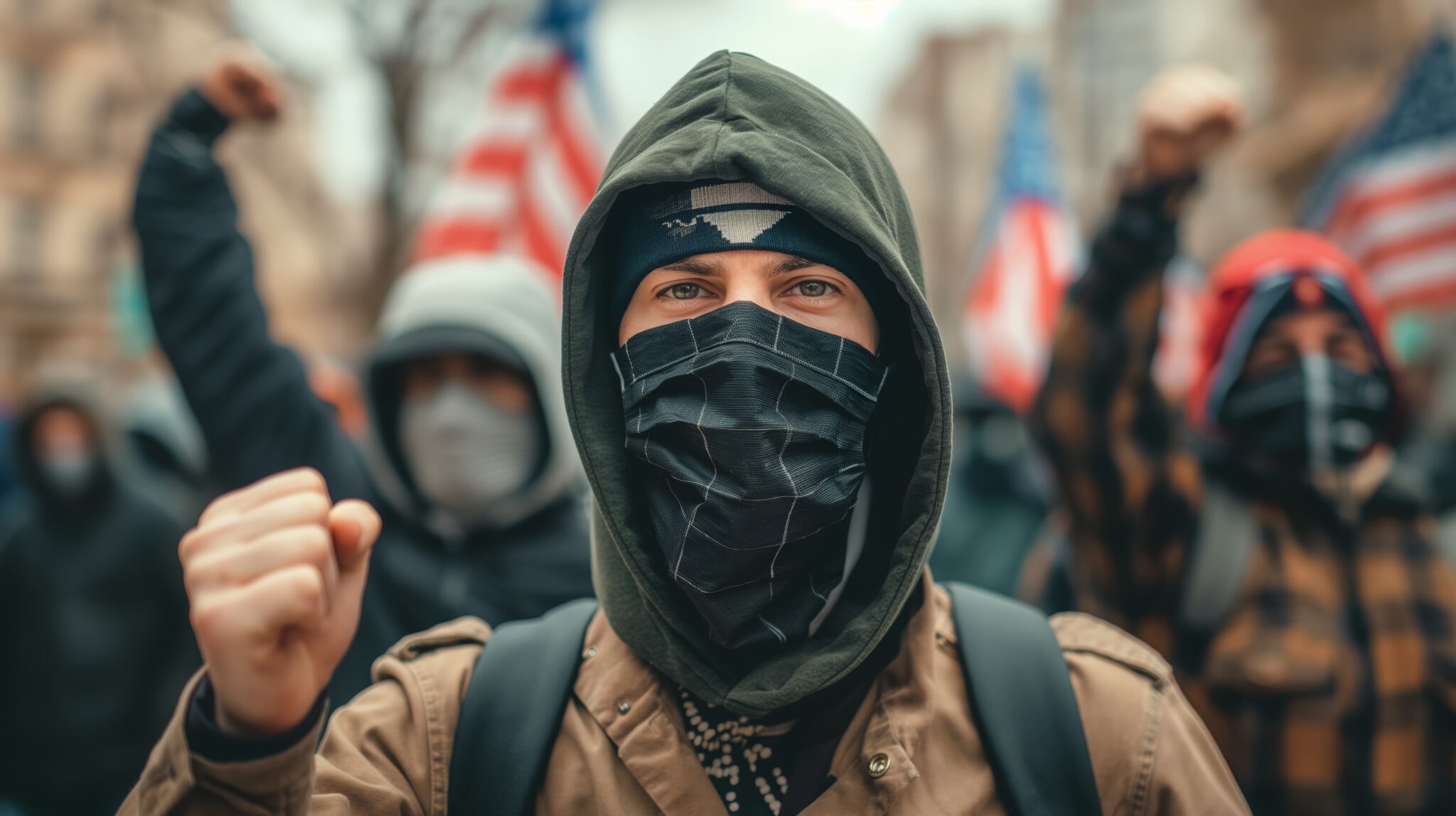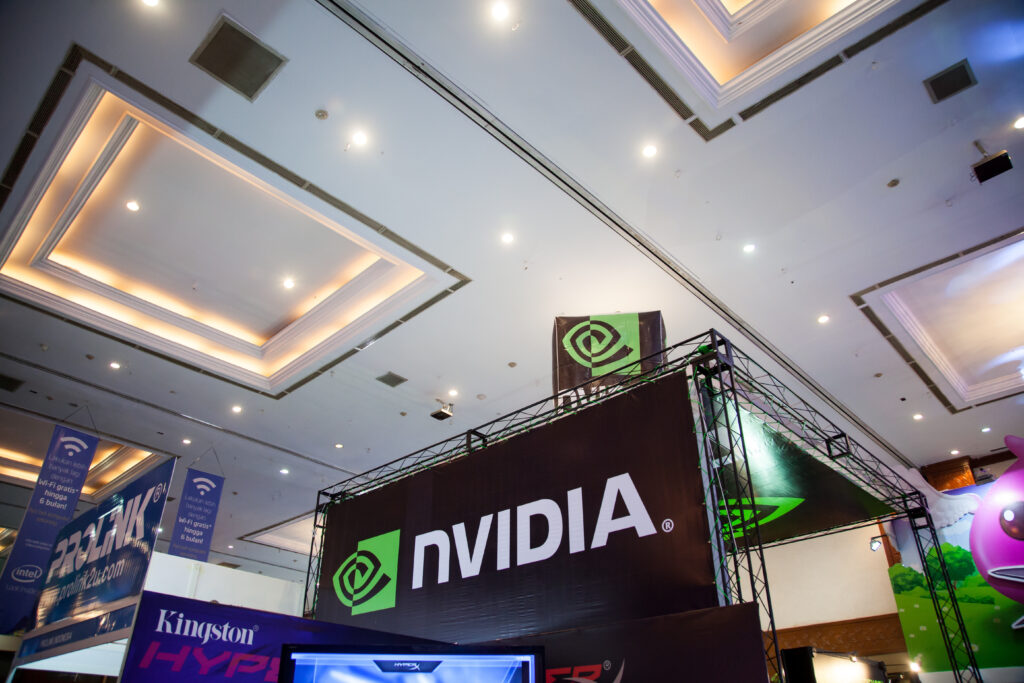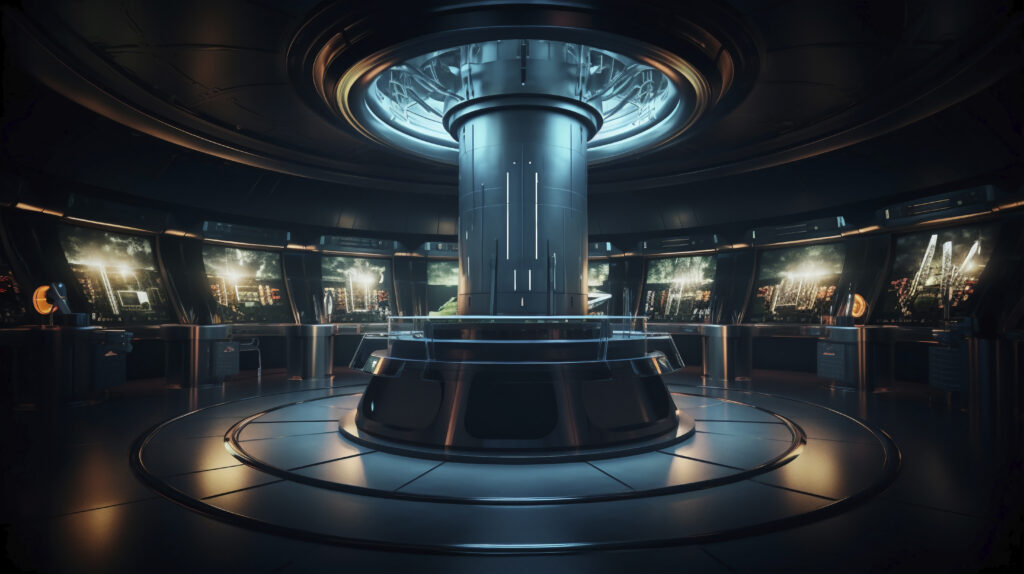President Donald Trump recently announced plans to designate the antifa movement as a “major terrorist organization.” This statement, made on his Truth Social platform, follows the killing of conservative activist Charlie Kirk and is part of a broader push by the Trump administration to target left-leaning groups. However, there are significant legal and factual challenges to labeling antifa as a terrorist group. This article explores what antifa is, why designating it as a terrorist organization is difficult, and the potential implications of such a move.
What Is Antifa?
Antifa, short for “anti-fascist,” is a loosely organized movement of far-left activists who oppose far-right ideologies, such as neo-Nazism and white supremacy. Here are some key points about antifa:
- Decentralized Structure: Antifa is not a single organization with a clear leader, membership list, or headquarters. It is a diffuse political subculture or protest style, often described as a movement rather than a formal group.
- Direct Action Tactics: Antifa activists are known for using “direct action,” which can include aggressive or illegal activities like vandalism, property damage, or physical confrontations with far-right groups at protests.
- Small-Scale Violence: While some antifa supporters have engaged in violent acts, such as breaking windows or setting fires, experts note that these individuals represent a small fraction of those who identify with the movement.
Jared Holt, a researcher at Open Measures, explains, “Some who have self-labeled with the term have engaged in threatening or violent behaviors, but those individuals represent a small number of people who self-identify with the term.”
Trump’s Push to Label Antifa as Terrorists
President Trump’s announcement comes in the wake of the assassination of Charlie Kirk, a prominent conservative activist, on September 17, 2025. Trump and his allies have blamed the “radical left” for creating an atmosphere of hostility toward conservatives, though no evidence has directly linked the suspect, 22-year-old Tyler Robinson, to antifa or any specific group. Here are the key details of Trump’s plan:
- Announcement on Truth Social: Trump declared, “I am pleased to inform our many U.S.A. Patriots that I am designating ANTIFA, A SICK, DANGEROUS, RADICAL LEFT DISASTER, AS A MAJOR TERRORIST ORGANIZATION.” He also called for investigations into those allegedly funding antifa.
- Previous Attempt in 2020: Trump made a similar announcement in May 2020 during protests following George Floyd’s death, but no formal designation occurred due to legal and practical barriers.
- Broader Political Context: The announcement aligns with efforts by Trump and his administration to crack down on liberal and left-wing groups, including threats to investigate donors to progressive causes and revoke tax-exempt statuses for certain nonprofits.
Legal and Factual Challenges
Designating antifa as a terrorist organization faces significant obstacles, both legally and factually. Here’s why:
- No Legal Mechanism for Domestic Groups: The U.S. has no legal framework to designate domestic groups as terrorist organizations. The State Department can label foreign groups, like ISIS or al-Qaeda, as Foreign Terrorist Organizations (FTOs), which allows for prosecution of those providing material support. However, antifa is a domestic movement, and First Amendment protections for free speech and association limit the government’s ability to target it.
- Antifa’s Lack of Structure: Experts, including former FBI Director Christopher Wray, have described antifa as an ideology or movement, not a formal organization. Cynthia Miller-Idriss, a professor at American University, compares antifa to broad concepts like “white supremacy” or “Islamist extremism,” which are not tied to a single, identifiable group. This makes it nearly impossible to target antifa as a cohesive entity.
- Constitutional Concerns: Legal experts warn that labeling antifa as a terrorist group could violate First Amendment rights. Professor David Schanzer from Duke University notes that “no one can be punished for joining a group or giving money to a group” under the U.S. Constitution. Any attempt to restrict antifa’s activities could face constitutional challenges in court.
Potential Implications
Trump’s announcement has raised concerns among critics who fear it could be used to suppress political dissent. Here are some possible outcomes:
- Targeting Political Opponents: Democrats and legal experts worry that the administration is using Kirk’s killing as a pretext to go after liberal groups broadly, not just antifa. For example, Trump has suggested racketeering investigations into billionaire George Soros, a frequent target of right-wing criticism, without evidence of his involvement in funding violence.
- Chilling Free Speech: Labeling antifa as a terrorist group could intimidate activists and protesters, even those engaging in peaceful activities. Brad Evans, a professor at Bath University, warns that antifa’s lack of structure “offers a remarkable opportunity to extend the [government’s] remit and apply it to anybody who may be assumed to belong to an organization that is ill-defined.”
- Political Support and Backlash: Some Republican lawmakers, like Senator Bill Cassidy of Louisiana, have praised Trump’s announcement, arguing that antifa promotes violence and anarchy. However, critics, including Democrats, argue that this move risks escalating political tensions and undermining free speech.
Historical Context
This is not the first time antifa has faced scrutiny. During Trump’s first term, there were calls to designate antifa as a terrorist group, particularly after violent clashes during the 2020 George Floyd protests. However, these efforts did not succeed due to the same legal and structural challenges. For example:
- 2017 Berkeley Protests: Antifa activists clashed with far-right groups, leading Berkeley’s mayor to suggest classifying antifa as a gang.
- 2020 George Floyd Protests: Trump and then-Attorney General William Barr blamed antifa for protest-related violence, but FBI Director Wray clarified that antifa was not an organization with a clear hierarchy.
- False Claims and Hoaxes: Right-wing groups have spread misinformation about antifa, including false flag operations on social media to portray the movement as more dangerous than it is.
What’s Next?
The Trump administration has not provided clear details on how it plans to implement the terrorist designation or what legal weight it would carry. The White House is reportedly preparing an executive order on political violence and hate speech, which could provide more clarity. However, without a legal mechanism to designate domestic groups as terrorists, any action may be symbolic or face significant pushback in courts.
Critics argue that existing laws, such as those addressing incitement to violence or property damage, could be used to address any illegal activities by antifa supporters without resorting to broad designations that risk overreach. Meanwhile, antifa activists are likely waiting to see how the administration’s plans unfold before responding.
Conclusion
President Trump’s plan to designate antifa as a terrorist organization faces major hurdles due to the movement’s decentralized nature and constitutional protections. While the announcement has sparked support among some Republicans, it has also raised concerns about political repression and the erosion of free speech. As the administration moves forward, the lack of a clear legal framework and antifa’s amorphous structure will likely limit the impact of this designation, much like Trump’s failed attempt in 2020.






















